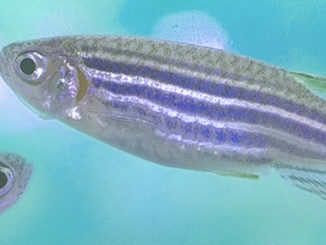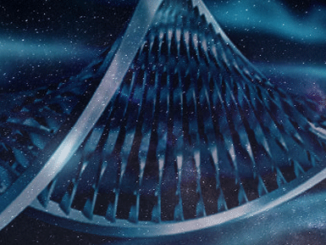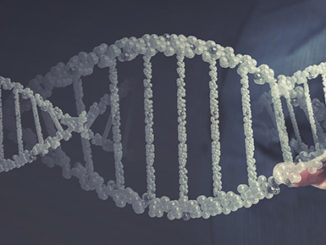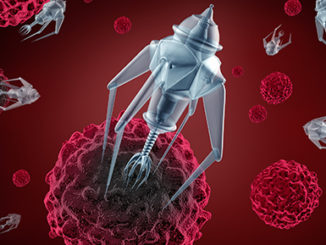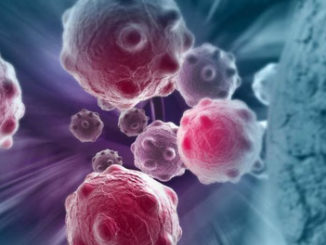Cancer Genes May Have Been Epigenetically Silenced Over Time
The factors contributing to the development of cancer in an individual are often complex and varied. Sometimes they are more straightforward, like when someone carries a specific gene known to indicate cancer risk; for example, specific mutations of BRCA1 or BRCA2 are linked to breast cancer. But usually, these risk factors are not so directly observable, making cancer risk detection—and possibly even cancer prevention—difficult. Any insights into what leads into the development of cancer are therefore critical. It’s not just [more…]


